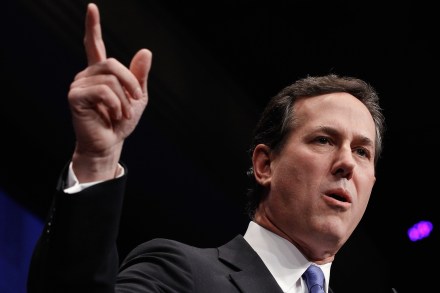Obama reiterates his commitment to a nuke-free future
https://www.youtube.com/watch?v=Ajuq5u3IoSQ As leaders from 53 nations gather in Seoul for the second Nuclear Security Summit, President Obama spoke of his ‘vision of a world without nuclear weapons’. It’s a vision he described during his 2008 campaign, and which was later the focus of his 2009 speech in Prague. Today, as then, he talked about the ‘obligation’ he feels to act on this in strikingly personal terms: ‘I say it as a father, who wants my two young daughters to grow up in a world where everything they know and love can’t be instantly wiped out.’ Obama detailed his efforts to reduce America’s arsenal, to get other countries to reduce theirs, and















